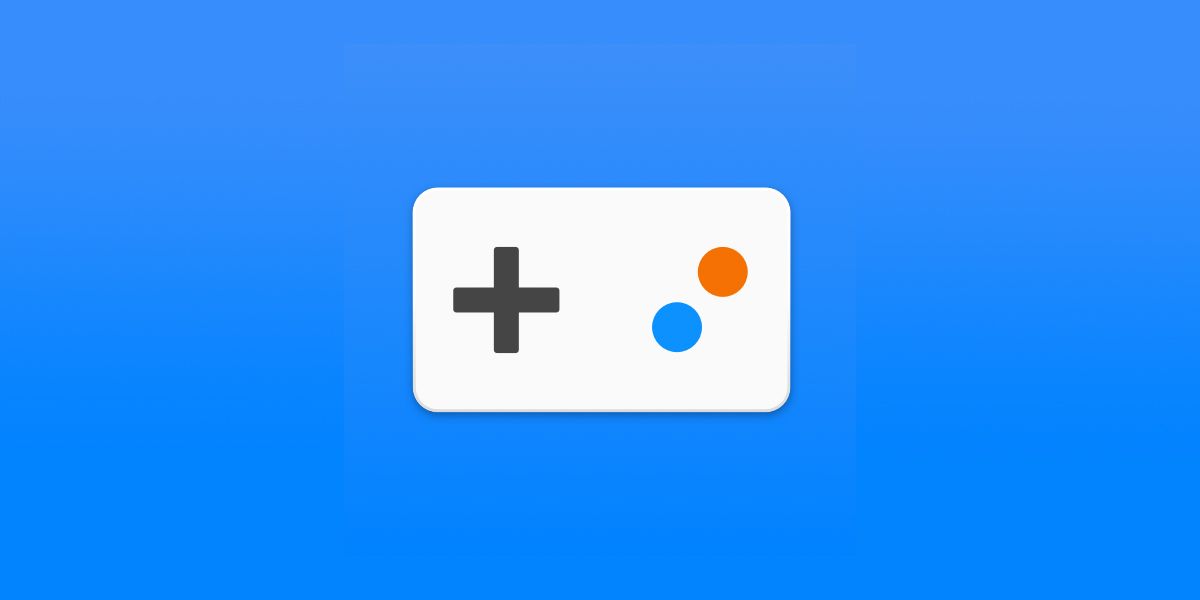BII
This story was delivered to BI Intelligence’s “Digital Media Briefing” subscribers. To learn more and register, please click here.
Facebook announced
The new gaming platform will likely span the three-month-old Facebook Games Arcade, as noted by TechCrunch. Ultimately, this gaming platform could become a centerpiece of Facebook’s project to establish itself as a key player in the
video game industry
.
Unity is used to create all kinds of gaming experiences on desktop and mobile operating systems, including 2D, 3D, VR and AR games for Windows, Mac, Linux, iOS, Android and, now, Facebook . The Unity integration eases the process for third-party developers to publish games to Facebook, whereas previously developers had to work with Facebook’s more complex and idiosyncratic game software development kit (SDK).
Meanwhile, game developers will have a double incentive to reach out and make money on some of the 650 million users who play Facebook-connected games each month. In 2015, Facebook paid game developers $2.5 billion on its platform.
Facebook wants to establish itself as a prominent platform to develop, buy and play games. The company basically wants to encourage the next Pokémon Go or League of Legends to come from its own platform. If Facebook succeeds in making its gaming platform a true center of development, purchase and play, then it will be able to attack the video game space simultaneously on three crucial fronts:
- Game and sale. Facebook’s new platform is compared to Steam, the main desktop games marketplace owned by Valve with more than 125 million accounts and 4,500 games. Facebook is also taking on iOS and Android in the mobile gaming space and hopes to lure game developers and gamers away from these rival platforms. In the long term, Facebook is likely aiming to compete with gaming consoles like Sony’s PlayStation and Microsoft’s Xbox. Basically, Facebook competes with any platform that offers environments to play and sell video games.
- Hardware sales (VR). Gaming will be the gateway to driving the early adoption of virtual reality (VR) technologies, and having a solid gaming platform is crucial as these two spaces intertwine. Facebook’s gaming platform plays right into this, given that Unity is already a partner in developing games for the Oculus headset. It’s Facebook’s ambitions to dominate the VR hardware market that will lead it into ever-tighter competition with traditional game makers, like Sony, who have begun offering VR consoles, games, and headsets all in one go. same together.
- Esports coverage. In May, Facebook and gaming company Activision agreed to livestream Activision’s esports tournaments on Facebook. This was followed by a partnership with Activision subsidiary Blizzard in June to allow regular gamers to stream directly via Facebook Live. Being active in eSports will help Facebook collect revenue in broadcast distribution, sponsorship, and advertising. In total, eSports revenues are expected to reach $463 million, a 43% increase over 2015, and exceed $1 billion in revenue by 2019.
To get stories like this straight to your inbox every morning, sign up for Digital Media Briefing newsletter. Click here to learn more about how you can get risk-free access today.










